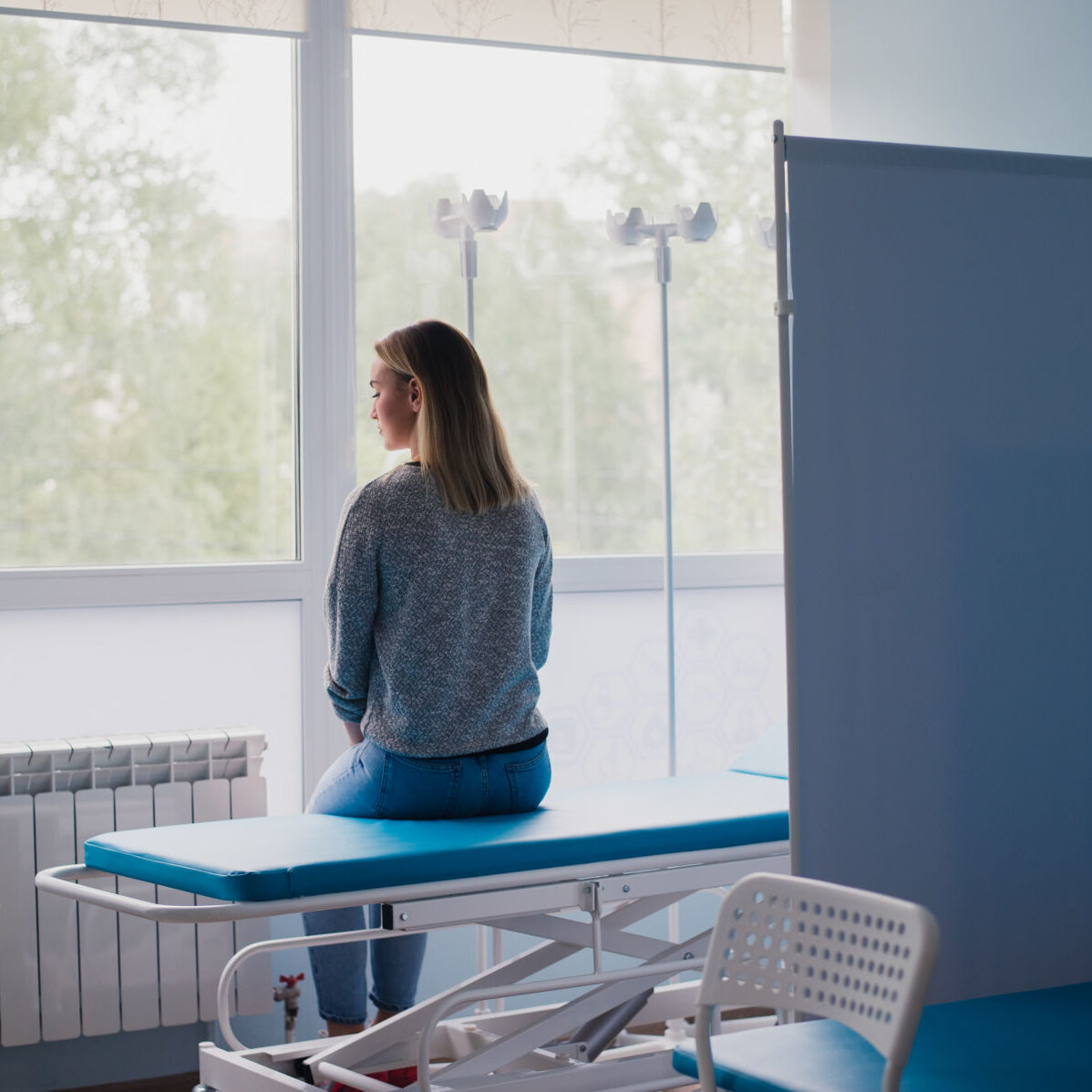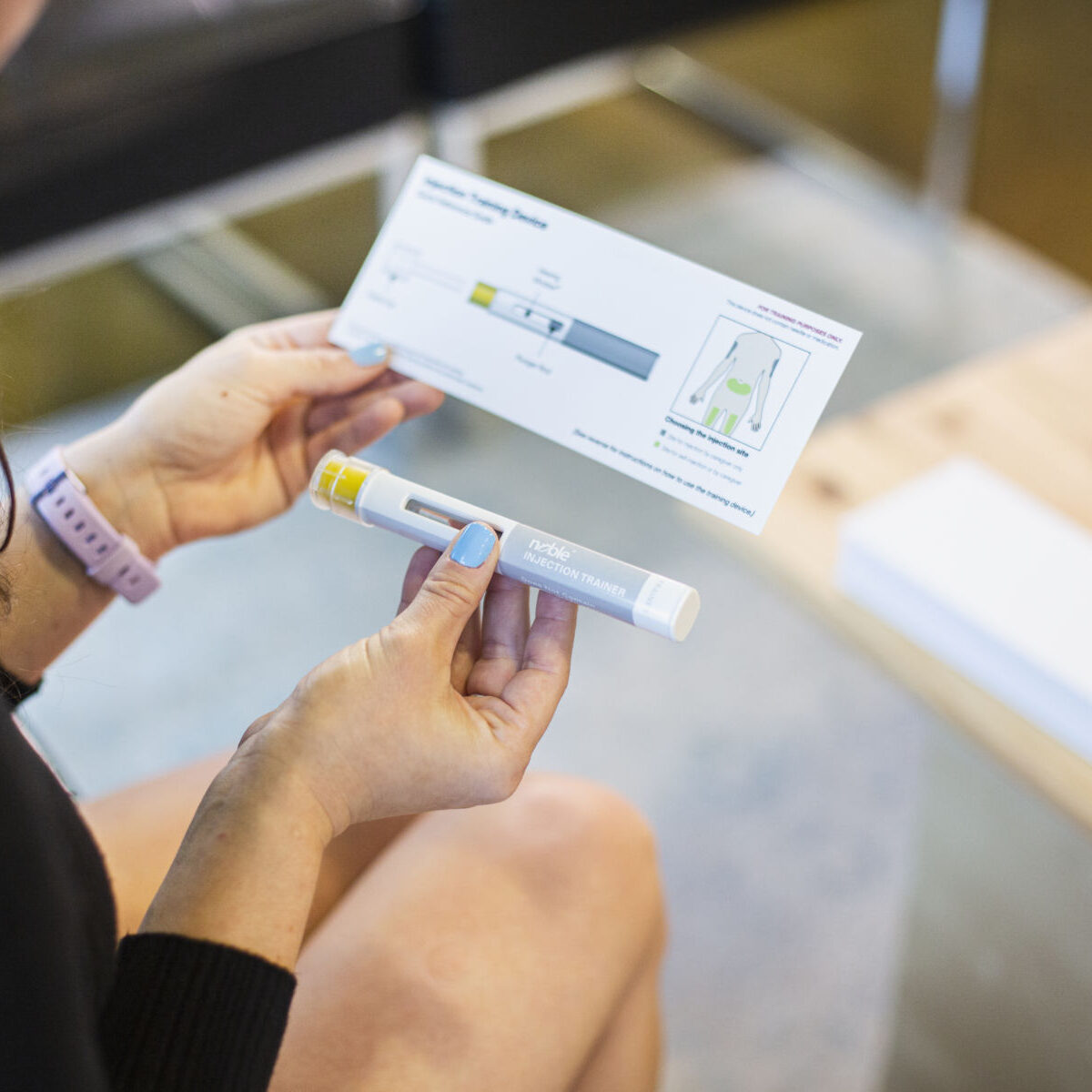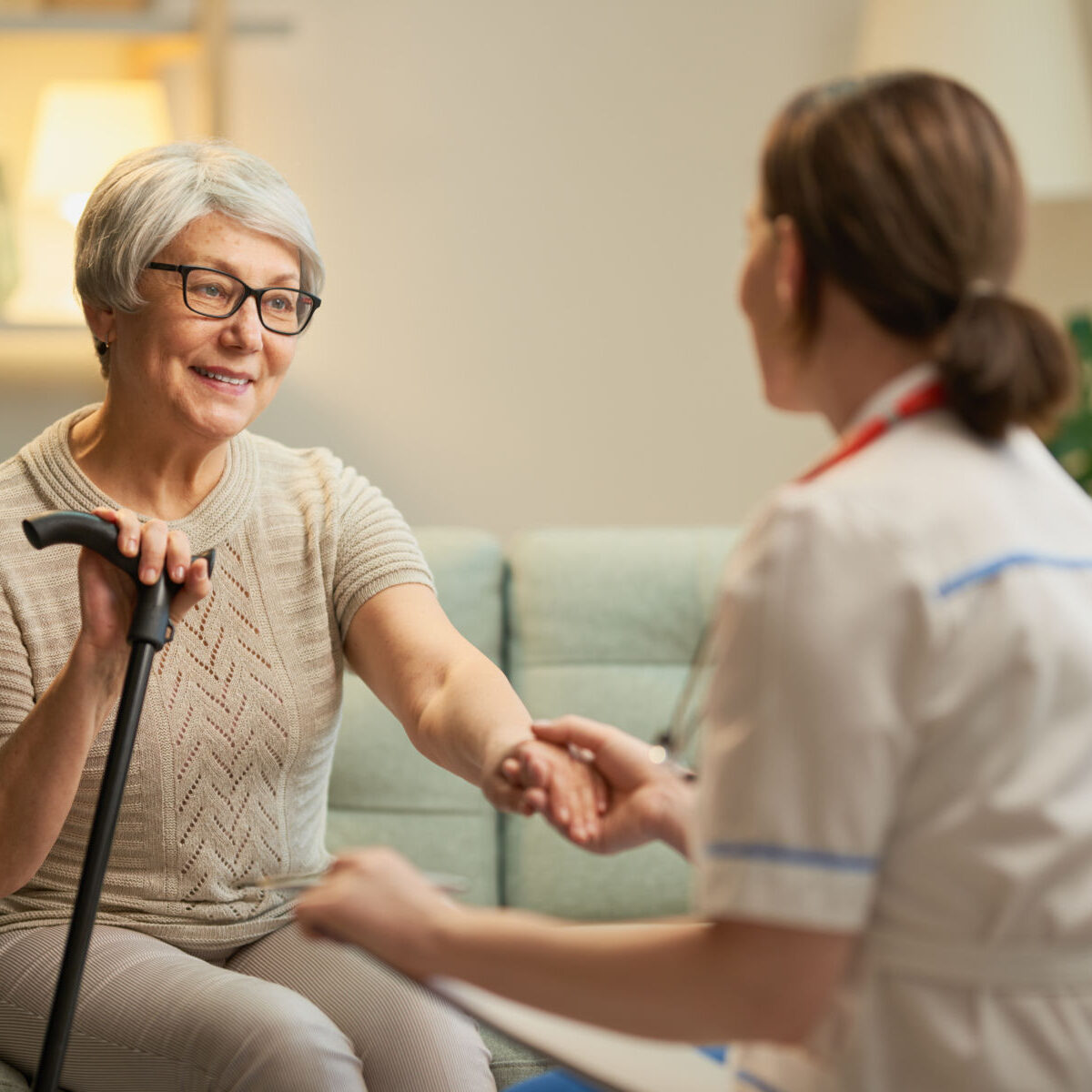Subcutaneous injections are the most common route of administration for biologics and are commonly self-administered, putting the onus of treatment on the patient. Even so, patients are not trained healthcare providers, and their own HCP also often lacks the knowledge and skills to properly train and onboard them.
This is important as studies find poor experiences self-administering can reduce patient adherence and negatively impact overall treatment outcomes. Moreover, patient nonadherence to therapies has been linked to increased mortality, which often leads to higher healthcare costs and outpatient visits. *


There are opportunities for improvement in training for both healthcare providers and patients in proper use of self-injectable biologics.
An analysis of current training for self-injectable biologics found four common themes that could help explain these opportunities for improvement: +
- HCPs receive minimal biologic-specific professional instruction
- Injection use-steps are not universally understood
- HCPs, pharma companies and patients do not agree on who should be responsible for training patients
- Emotional burden is not accounted for with patients who self-administer
Gaps in patient training must be addressed if patients are to become and stay adherent and realize all-important positive health outcomes.
A staggering one-third of patients do not receive any in-office training, and when they do, training methods vary widely, revealing the absence of a consistent and verified method for patient training +. When patients do receive this training, however, healthcare providers often lack the necessary skills to offer proper instruction to them. +
What’s more, when training does occur, it’s often very short and does not offer time for practice or questions. For self-injectable biologics, the average training time in-office is only 16 minutes +, while a 2017 study of 29 participants finds instruction time for a nasally self-administered therapy through a BDS is only 2.6 minutes. ^
All too often, this training does not include teach-back moments whereby patients demonstrate how they would perform their own injection in front of their HCP for feedback. In the study, only 13% received that opportunity. +

Minimization issues abound.
An obstacle patients must overcome when onboarding to a self-injected biological therapy is that the act of self-injecting is very often minimized, meaning HCPs and pharma companies state that self-injecting is simple or intuitive for patients. This leads to patient reluctance to express confusion and even fear of asking for additional support and help. This minimization by healthcare providers occurs when patients are prescribed nasal self-administered therapies as well as the nasal route of administration is often seen as even easier for patients.
Moreover, the 2021 study finds self-injecting is not easy: +
- Patients are typically emotionally overwhelmed during early injections regardless of whether or not they receive training
- Differences between patients who received adequate in-office training and those who did not can be directly linked to psychological factors
- The perceived burden of treatment is significantly higher in patients with no formal training compared to those who did receive training
- The perceived ease of self-injection is significantly lower in patients who did not receive formal training compared to those who did receive training
And, when patient self-injection errors do occur, they are rarely discussed or addressed with their healthcare provider, and patients suffer in silence at home as the trial-and-error method of self-injection perpetuates and they become more frustrated and disenfranchised with their treatment. +


Noble focuses on the patient, from onboarding through successful conclusion of treatment, to improve adherence and create stronger health outcomes.
Noble’s robust training and onboarding solutions (for autoinjectors, prefilled syringes, onbody devices, nasal devices and pulmonary devices), patient training videos and digital health technologies like AdhereIT® help pharma companies and OEMs achieve their strategic patient-centric goals. In addition, Noble helps its partners achieve their goals with its market insights and Human Factors + service as well.
Noble shares a goal with pharma companies and OEMs of promoting patient adherence to their self-administered drug therapies and is the premier partner for understanding this important challenge.
